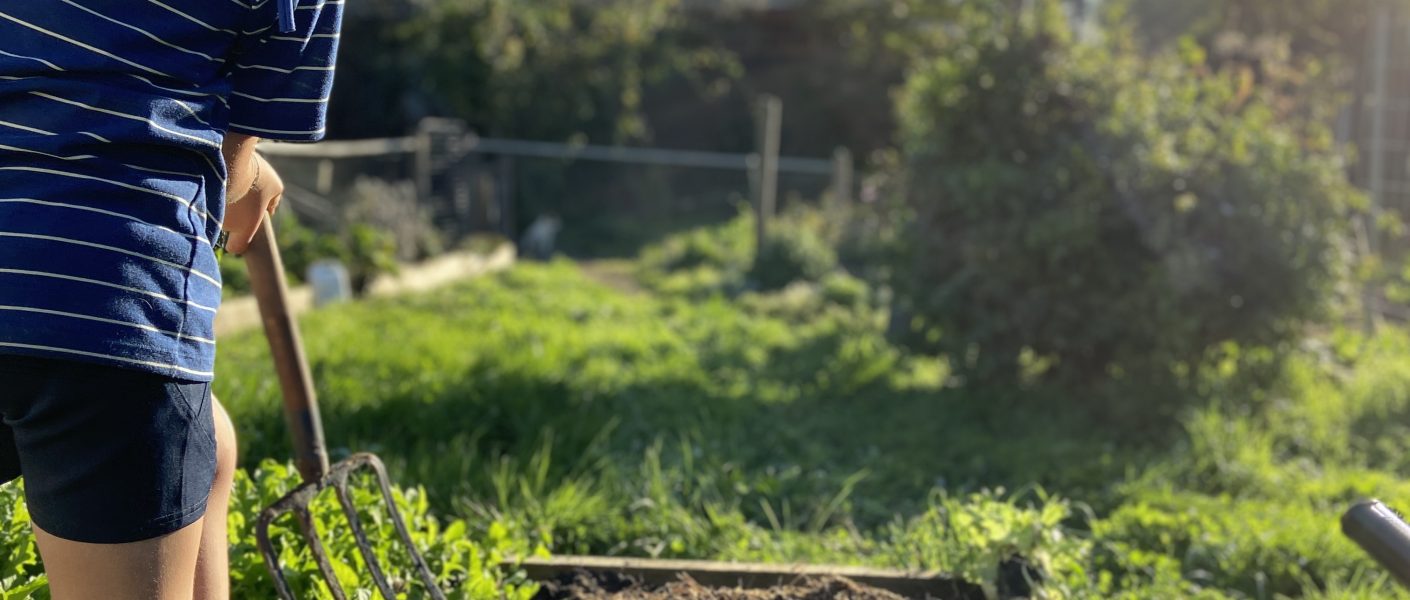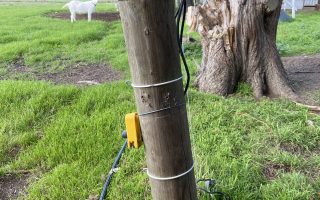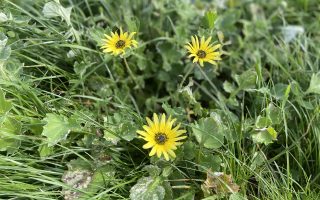Planning for winter farming isn’t as daunting as it sounds. Winter is not far away, and whilst the weather is definitely changing, there is still enough time to get some planning activities done before the real cold and wet hits.
So what sorts of things can farmers do before winter hits? This is by no means a definitive list, and not everything may be relevant to you and your farm, but here are a few ideas to get you started…
Protect tools and implements
Tools and implements don’t last forever, but neither are they cheap to replace. In fact, some of the best tools we have are some of the oldest, so we try to make sure we look after them. If they won’t be required for several months, pack them away. Large tractor implements should be locked away in sheds. Smaller implements could be stored in smaller tool sheds, glasshouses etc. If rust could be an issue, try spraying with WD40 and wrapping up in cloth to protect against damp.
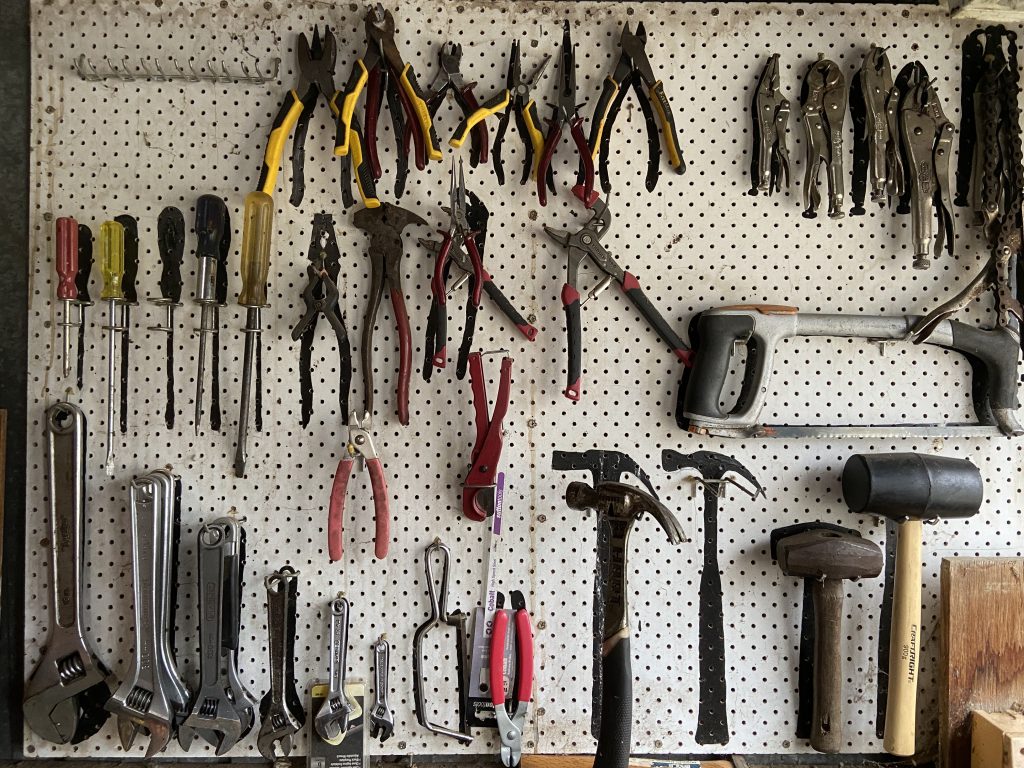
Prepare shedding and shelter for pregnant livestock
To ensure your new babies have the best possible chance of survival, make sure they have a safe, warm and sheltered area to arrive in. For us, that means having ‘birthing suites’ for our ewes and does, with plenty of clean shavings for bedding. This is changed out regularly whilst in use, and has one really big muck out in the months whilst our girls are pregnant. Our cattle are moved to the paddock closest to our yards so that if vet assistance is required they don’t need to move too far. There are also plenty of trees to provide shelter from wind, rain and sun.
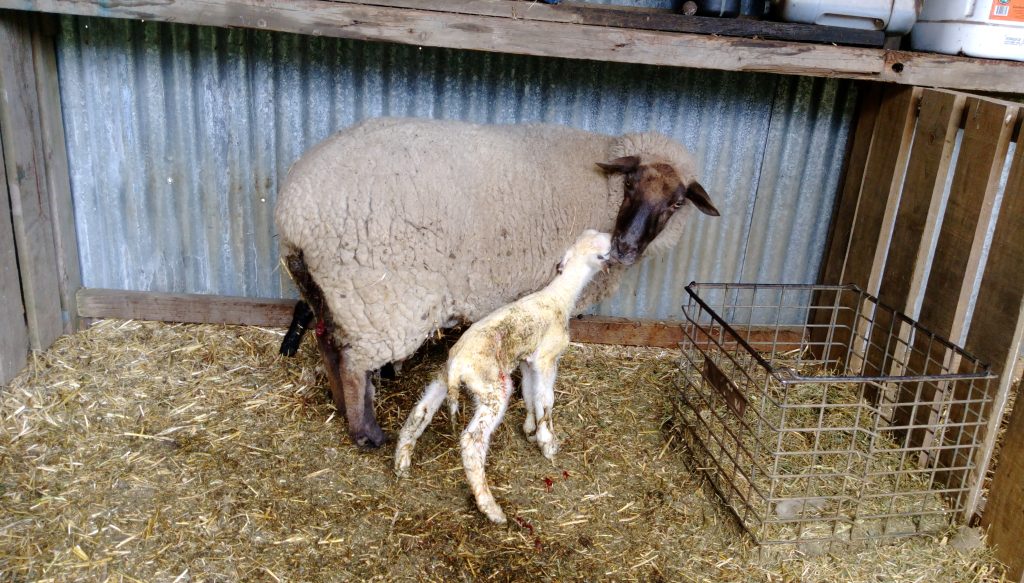
Hay and feed quantities
It is so important to make sure you have enough feed to get your stock through winter when nothing much grows. We always stock up on hay during summer to ensure that we will have the necessary feed required for our cattle, sheep and goats throughout winter.
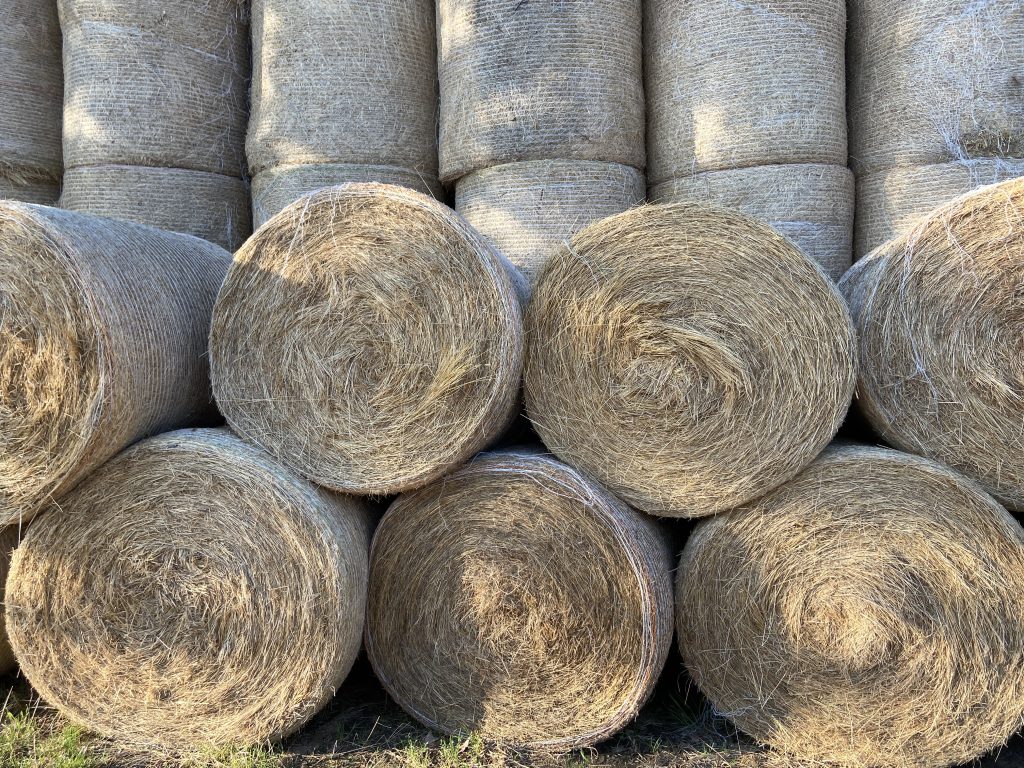
Prepare your winter vegetable garden bed
Start by removing any old summer vegetable growth that is no longer productive. At mid-autumn that could include things like tomatoes, corn, lettuce, cucumber, beans, basil. If the old growth is diseased, make sure you remove all traces of it to prevent it possibly infecting next summer’s produce. Next, turn the soil over to loosen it. If you have manure from you animals, add this in. If you do not plant to use the bed until spring, you could leave the manure on the top. It will break down over winter and be nicely composted by the time you are ready for spring planting. If you plan to plant out straight away, dig the manure into the soil and break it up.
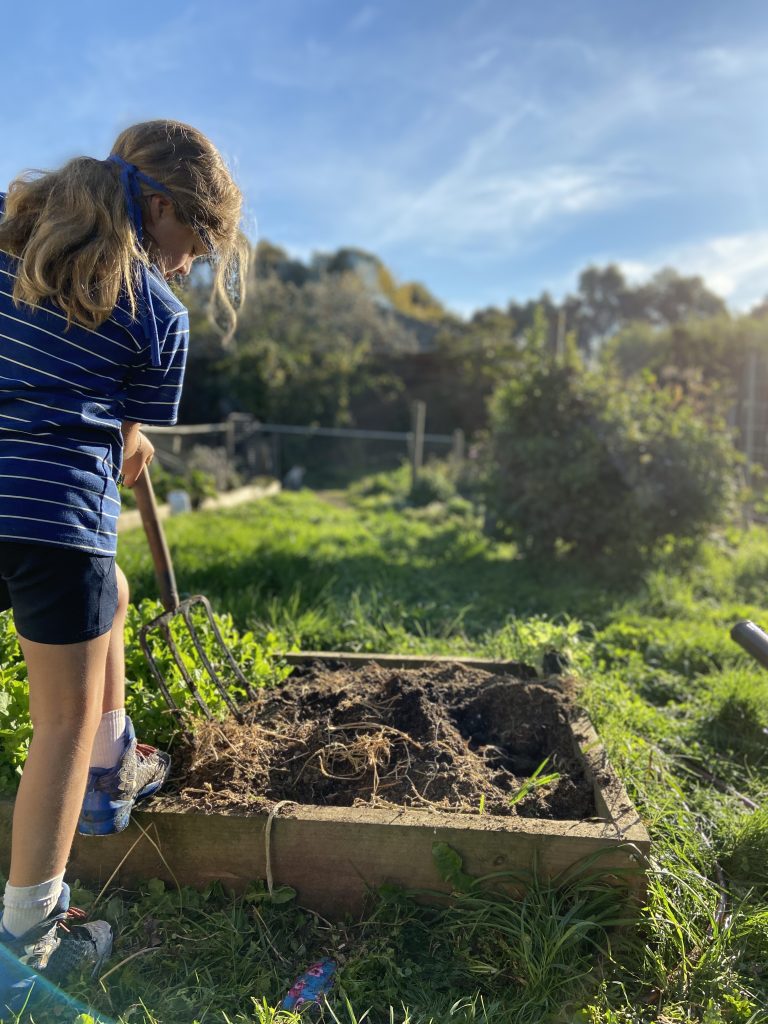
Weed removal
Being proactive about weed removal whilst they are still seedlings is much easier than trying to deal with larger, more mature plants later in the year. Seedlings are far more vulnerable and susceptible to sprays, grazing and physical removal so this is a great time to be targeting them. It will also cost you far less by removing them now. Mature weeds take up valuable soil and paddock space that could have been growing useful pasture grass instead. This means less grass for your livestock, and potentially more money you are spending on buying in hard feed.
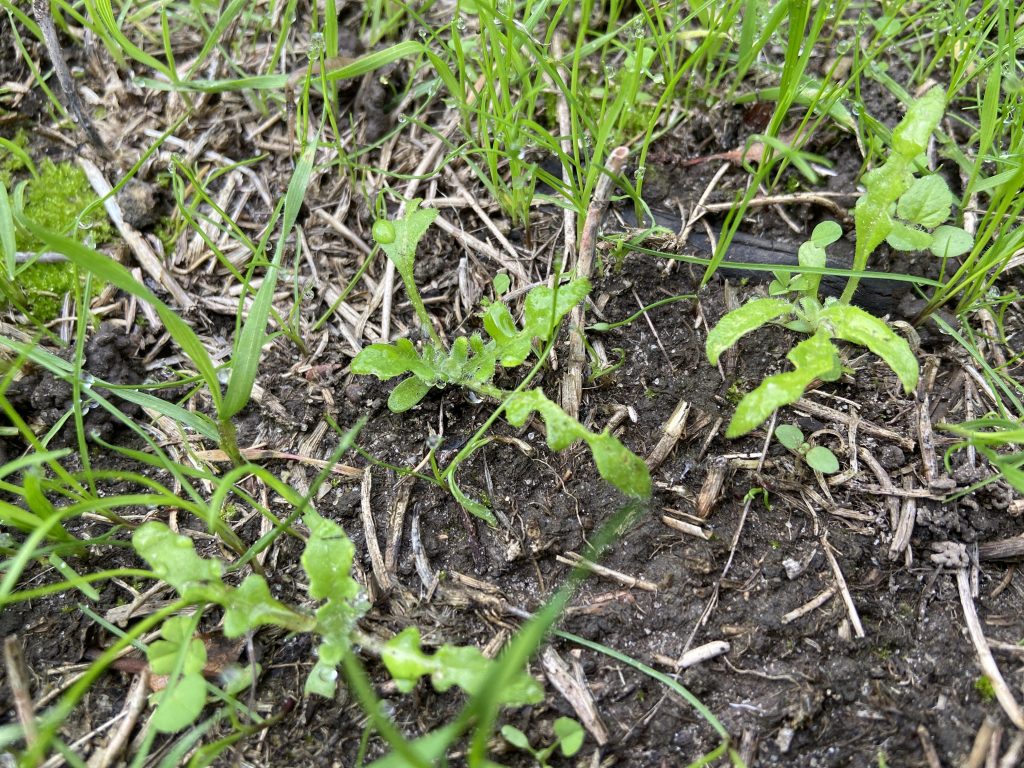
Orchard health
Orchards need help to be as productive as they can be. Try to clean up rotten, fallen fruit from under the trees to reduce the chance of pest insect recurrence next season. We also apply a deep layer of mulch around the base of each tree – this helps to protect roots from frost. You could also consider pruning out dead and dying branches. Do this after the trees have lost all their leaves and before new bud growth.

Fence construction
We are planning some new fences this weekend. Autumn can be a great time to do this as the ground is soft without being too wet to prevent vehicle access. It’s also not so hot that it is uncomfortable working under the sun. Having said that, don’t just put a fence in for the sake of it! Make sure you plan it according to your specific needs so that it does exactly what you require of it, without it costing money down the track.

Winter can definitely be a quiet time for farming, but it doesn’t have to be completely unproductive. Get started in Autumn to give your farm the best start for the colder months. And remember if you are finding the planning process a bit overwhelming you can always find help here.
Cheers and happy farming!
Chris

